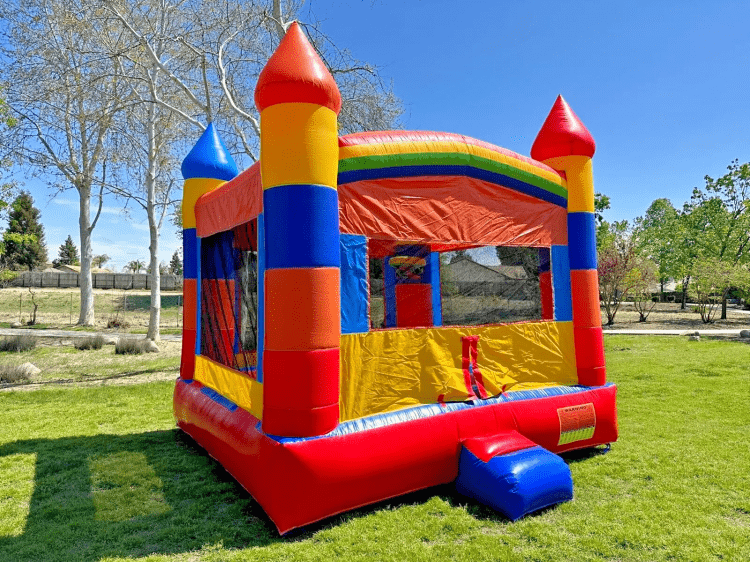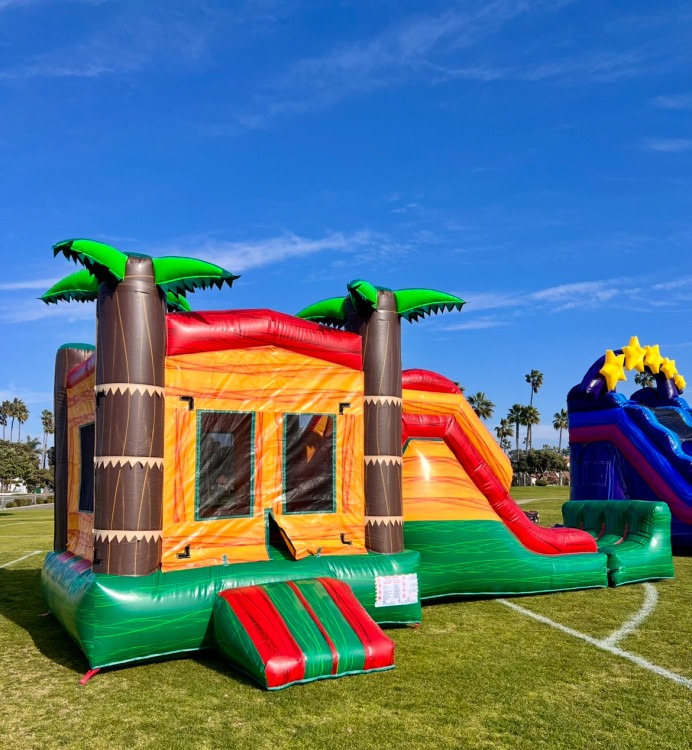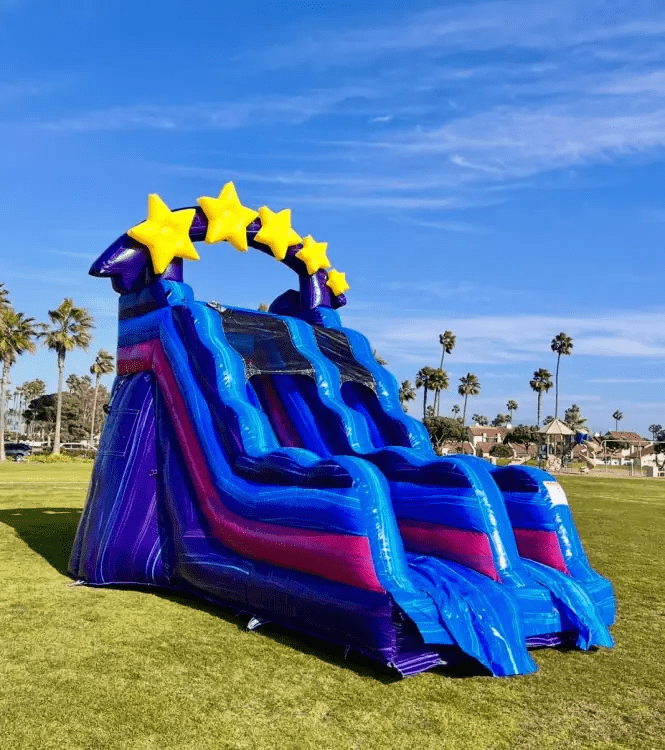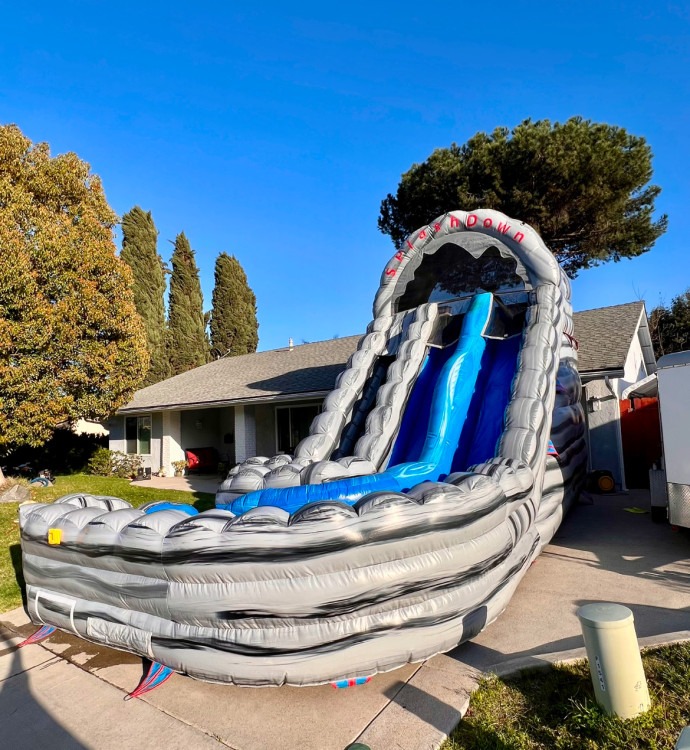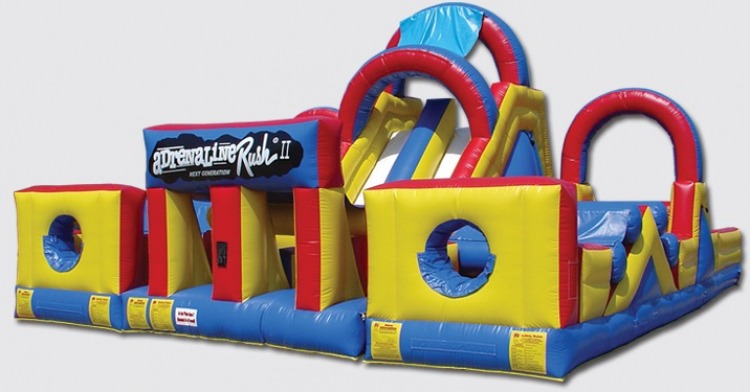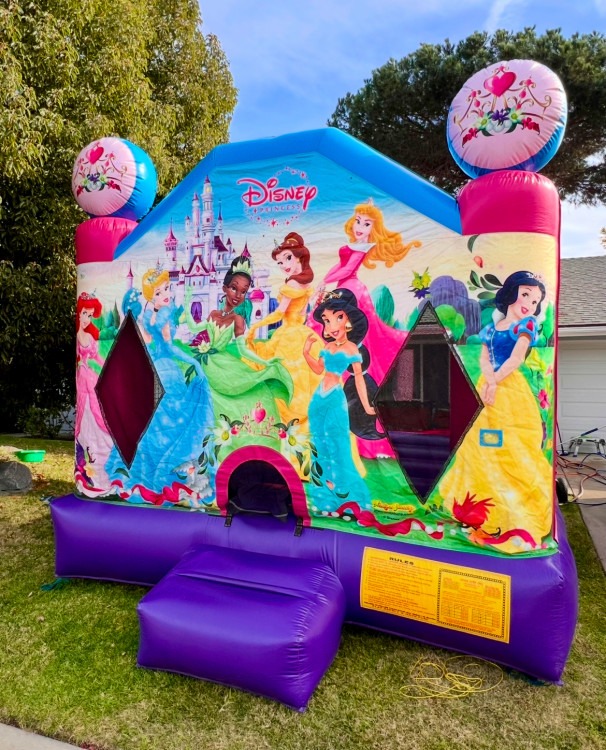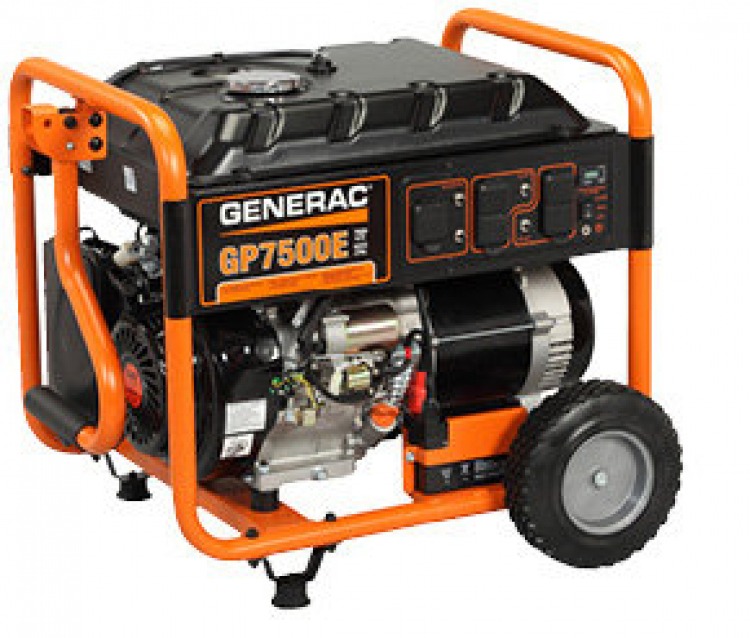Crucial Safety Tips for Using Electric Generators at Events
When planning outdoor events, ensuring a reliable power supply is essential. Whether it’s a wedding, festival, corporate gathering, or a construction project, renting an Electric Generators can provide the necessary power for lighting, sound systems, food vendors, and more. However, while renting an electric generators offers convenience and peace of mind, safety should always be a top priority.
In this article, we will explore the essential safety tips for using electric generators at events, focusing on how to protect your guests, equipment, and the environment. We’ll also answer some frequently asked questions about electric generator rentals to help you make informed decisions.

Why Safety is Crucial with Electric Generators
Electric generators, while incredibly useful, can pose risks if not handled properly. From potential electrical hazards to carbon monoxide poisoning, it’s important to take the necessary precautions when renting and operating a generator. By following these safety guidelines, you can ensure your event runs smoothly without any unwanted incidents.
Choose the Right Generator for Your Event
The first step in ensuring safety is selecting the right Electric Generators rental. This means understanding the power requirements for your event and ensuring that the generator you rent can handle the load.
Consider These Factors:
- Power Output: Calculate the total wattage needed by adding up the power requirements of all the equipment and devices you’ll be using (e.g., lights, sound systems, catering equipment).
- Duration: Determine how long you’ll need the generator to run. This will help you choose one with the right fuel capacity and runtime.
- Environment: Choose a generator suitable for the environment where the event will be held. If the event is outdoors, you’ll want to ensure the generator is weather-resistant.
Using an underpowered generator can lead to overheating and equipment damage, while an overpowered one could result in unnecessary fuel consumption and higher rental costs.
Proper Placement of the Generator
Where you place the generator is critical to the safety of your guests and the effectiveness of the equipment. Generators emit carbon monoxide (CO), a colorless and odorless gas that can be deadly if inhaled in high concentrations.
Key Placement Tips:
- Keep Generators Outdoors: Never place a generator indoors or in an enclosed space like a tent, garage, or building. Always operate the generator in an open area where exhaust fumes can dissipate.
- Position Away from Crowds: Set the generator far away from where guests will be gathered, ideally at least 20 feet from any entrances, windows, or air vents.
- Use Carbon Monoxide Detectors: If your event includes indoor spaces where generators are nearby, place carbon monoxide detectors around the area to ensure the safety of attendees.
Ensure Proper Ventilation
Generators need adequate ventilation to prevent overheating and to ensure exhaust fumes are carried away from people and equipment. Blocking the exhaust can lead to heat buildup and the release of dangerous fumes.
Tips for Ventilation:
- Avoid Enclosed Areas: Do not place the generator in an area surrounded by walls or barriers that can trap exhaust fumes.
- Point Exhaust Away from People: Make sure the exhaust is directed away from where people are gathered or where staff are working.
- Avoid Flammable Materials: Keep the generator away from any materials that could catch fire, such as dry grass, paper, or cloth.
Use Proper Electrical Connections
Improper electrical connections can lead to short circuits, electrocution, or fires. When renting an Electric Generators, make sure you’re using the right cables and connections to ensure a safe and reliable power supply.
Electrical Safety Tips:
- Use Heavy-Duty Cables: Always use heavy-duty extension cords that are rated for outdoor use and capable of handling the power output of the generator.
- Ground the Generator: Make sure the generator is properly grounded to prevent electrical shocks.
- Avoid Overloading: Do not plug too many devices into the generator at once. Check the generator’s wattage capacity and stay within its limits.
- Protect Cables: Keep all power cables dry and away from foot traffic to avoid tripping hazards or damage to the cords.
Fuel Safety
Electric generators are powered by fuel, which can be hazardous if not handled properly. To avoid the risk of fire or explosion, it’s important to follow the proper safety procedures when dealing with fuel.
Fuel Handling Tips:
- Refuel When the Generator is Cool: Never attempt to refuel the generator while it’s running or immediately after it’s turned off. Wait for the engine to cool down to prevent fuel from igniting.
- Store Fuel Safely: Keep fuel in an approved container and store it in a safe location, away from the generator and any heat sources.
- Use the Correct Fuel: Make sure you’re using the type of fuel specified by the manufacturer, whether it’s gasoline, diesel, or propane.
- Have a Fire Extinguisher Nearby: Always have a fire extinguisher rated for fuel fires within reach when operating a generator.
Monitor Generator Performance
It’s essential to monitor the generator throughout the event to ensure it’s functioning properly and safely. Regular checks can help you identify any potential issues before they become hazards.
Monitoring Tips:
- Check Fuel Levels: Keep an eye on fuel levels to ensure the generator doesn’t run out of power unexpectedly.
- Listen for Unusual Noises: Any strange noises or vibrations could indicate a mechanical issue. If something seems off, turn off the generator and inspect it.
- Watch for Overheating: If the generator feels excessively hot or starts emitting more exhaust than usual, shut it down and allow it to cool before restarting.
Emergency Preparedness
Even with the best safety measures, it’s important to be prepared for emergencies. Having an emergency plan in place can help you act quickly and efficiently if somethi ng goes wrong.
Emergency Preparedness Tips:
- Train Staff: Ensure that event staff are trained on how to operate the generator and know what to do in case of a malfunction or emergency.
- Know the Shutdown Procedure: Make sure everyone knows how to safely shut down the generator in case of an emergency.
- Keep Emergency Numbers Handy: Have contact information for the rental company, local fire department, and emergency services on hand in case of an issue.
Frequently Asked Questions
Q: How do I know what size Electric Generators to rent for my event?
A: To determine the right size Electric Generators, calculate the total wattage of all the equipment you’ll be using. Most rental companies can help you determine the appropriate Electric Generators size based on your power needs.
Q: Can I use an electric generators in the rain?
A: Generators should not be operated in the rain unless they are properly covered with a weatherproof canopy. Direct exposure to water can lead to electrical hazards and equipment damage.
Q: How far should the generator be placed from the event area?
A: It’s recommended to place the generator at least 20 feet away from any areas where people are gathered. This minimizes noise and ensures that exhaust fumes don’t pose a risk.
Q: How long can a generator run continuously?
A: The continuous runtime of a generator depends on its fuel capacity and the load it’s powering. Most generators can run for 8 to 12 hours on a full tank of fuel. For longer events, plan for refueling.
Q: Is it necessary to ground the generator?
A: Yes, grounding the generator is important for preventing electrical shocks. Follow the manufacturer’s guidelines to ensure it’s properly grounded before use.
In conclusion, Renting an electric generators is a practical solution for ensuring a reliable power supply at your event, but safety must always come first. By following these essential safety tips—from choosing the right generator and placing it correctly to managing fuel and electrical connections—you can ensure that your event runs smoothly without any power-related issues.
By taking the proper precautions, you can make your event both successful and safe, ensuring your guests have a great time with peace of mind. Whether you’re planning a wedding, festival, or corporate event, following these safety tips will help you get the most out of your electric generators rental.

